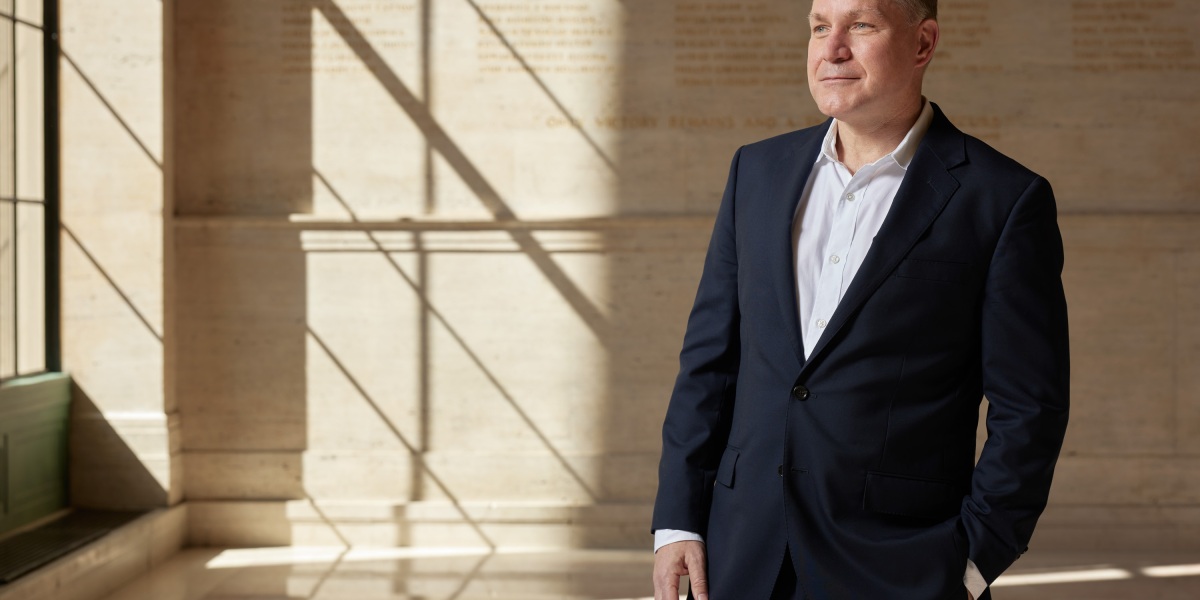
A longtime volunteer, Baker is a 2017 recipient of the Bronze Beaver, the highest award bestowed by the MIT Alumni Association for service to the Institute and the Association. He also received a Lobdell Distinguished Service Award in 2013. He served on the Alumni Association’s board of directors from 2013 to 2017 and was later a member of the Association’s Corporation Nominating Committee. From 2009 to 2017, Baker served as a member of the MIT Corporation’s Visiting Committee for the Division of Student Life, which provided advice to the Institute’s senior leadership on matters including student counseling, extracurricular activities, residence life, and fraternities, sororities, and independent living groups. Baker has served on the board of his fraternity, Theta Xi, since 1984 and was a board member of the Association of Independent Living Groups, which he chaired for many years. He also helped found the Graduate Alumni Council in 2016.
You’ve maintained a strong connection with MIT over the years, particularly as a volunteer. What inspires you to stay involved?
Partly what inspires me is just a desire to give back. To step out of our own individual roles and do something that helps a larger community is valuable and rewarding in its own right. Also, I benefited greatly from interacting with alumni both as an undergraduate (working with alumni volunteers at my fraternity) and as a graduate student (when alumni came back for visiting reviews and critiques in the Department of Architecture). I wanted to do the same.
“It’s incredibly valuable to work with people who are not exactly like you, but with whom you have shared values.”
Stephen D. Baker
I also remain connected to the Institute for the people. The people at MIT are really remarkable—the alumni, students, faculty, and staff. It’s incredibly valuable to work with people who are not exactly like you, but with whom you have shared values. Although we come from many diverse backgrounds and experiences, and have diverse views, as alumni we have this common thread of having been students at MIT. It’s rewarding to work with people who have that shared experience.
As you start your term, we are more than two years into a pandemic. How does this affect the way you approach this role?
We’re still in the midst of recovering from a really unprecedented period of disruption, not just as an MIT community but as a global community. I would like to try to understand the way the pandemic has changed how we engage as an alumni community and how we relate to one another. We have had some positive takeaways from this experience, in that we’ve discovered that not everything has to be face to face and that there are strengths sometimes in meeting virtually, especially for alumni who live far from campus and can’t easily return.
There are also some challenges coming out of this time, one being for recent MIT alumni and soon-to-be alumni who have had very different experiences as undergraduates and graduate students during this time and therefore may not be feeling as connected leaving the Institute. I’d like to try to understand as a community what kinds of challenges those factors impose and how the pandemic has changed us and changed our community.
What are your priorities in your role as MITAA president?
